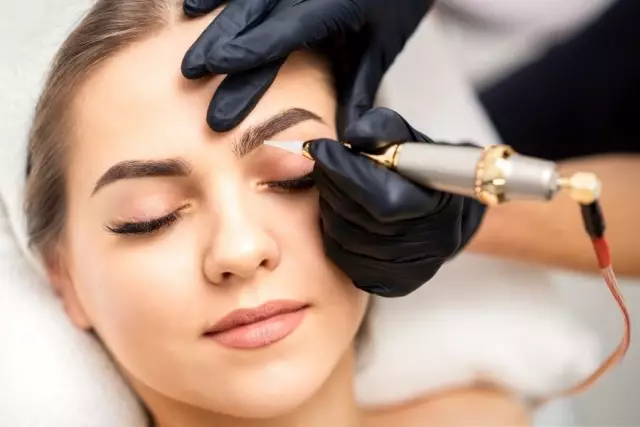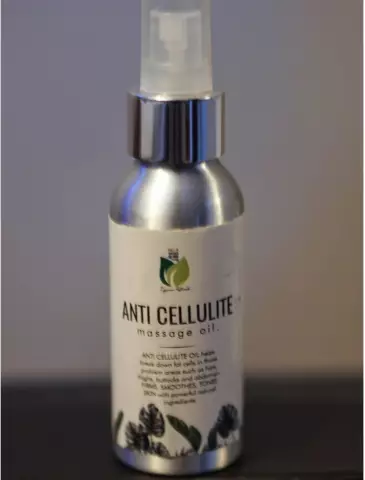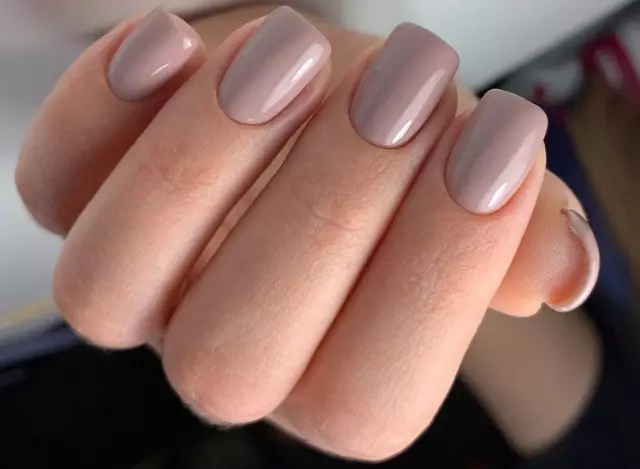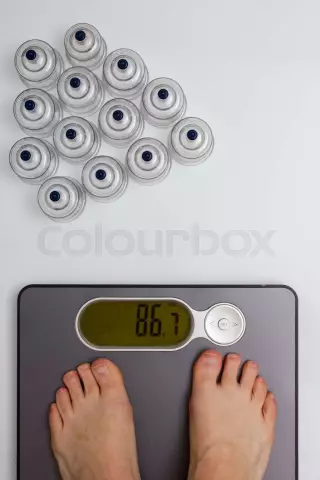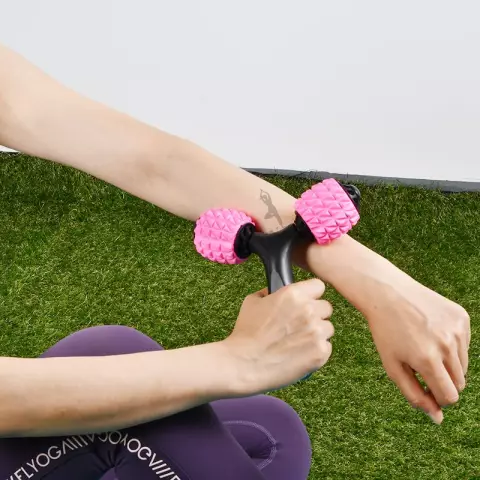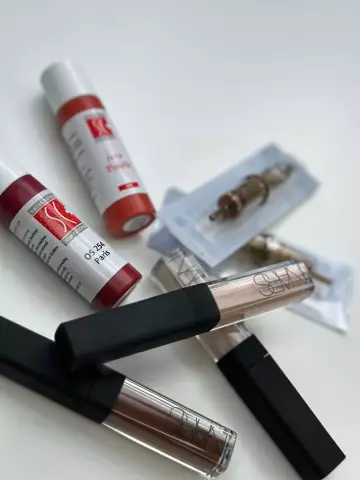- Author Rachel Wainwright wainwright@abchealthonline.com.
- Public 2023-12-15 07:39.
- Last modified 2025-11-02 20:14.
Permanent eye makeup
Permanent eye makeup is an opportunity to change your image and save time on daily makeup.

Permanent makeup is performed using eyelid tattooing, which is applied using three techniques:
- Permanent eye makeup.
- "Arrow".
- Permanent eye makeup with shading.
Inter-eyelash permanent eye makeup is the introduction of a coloring pigment evenly along the lower or upper eyelid, filling the space between the eyelashes with paint. This technique visually makes the eyelashes thicker and blacker.
Reviews of permanent eye makeup suggest that the eyes seem larger after such a procedure, the look becomes more expressive. Applying decorative cosmetics to the eyelids and eyelashes is still required, but without makeup a woman no longer seems tired and "gray".
Inter-eyelash makeup is usually performed in black or dark brown.
Technique "Strelka" - decorative focus, it saves a woman from the daily application of arrows on the upper and lower eyelids with pencils or eyeliners. Such permanent eye makeup helps out on vacation when there is no opportunity or desire to use mascara and other cosmetics every day - thanks to the arrows, the eyes look like painted ones. This effect is especially enhanced if a woman's eyelashes are naturally black and thick.
The craftsmen, at the request of the client, can make arrows of any width and length, any color, for example, blue or green.
Permanent eye makeup with shading is a technique that simulates the application of eye shadow to the eyelids.
More about the permanent eye makeup procedure
Permanent make-up, as you know, involves the introduction of paint under the skin. When making up the eyes, the paint is injected into the skin of the eyelids with special needles to a depth of no more than 1 millimeter.
Since eye tattooing is a painful procedure, an anesthetic gel or cream is applied to the eyelids before it is carried out. It is not recommended to inject an anesthetic under the skin of the eyelids before eye tattooing.
Before applying permanent eye makeup, the master conducts a consultation, during which the tattoo technique is determined, an arrow pattern is selected. We have already mentioned the client's wishes, but a real master, if he sees that a drawing proposed by a woman will harm her image, offers his own, more successful option.
How to care for eyelids after tattooing
On the first day after the permanent eye makeup procedure, the eyelids are washed with chilled water or green tea cooled to room temperature.
To avoid the appearance of edema on the eyelids, it is recommended to apply ice or dry cold - for 15 minutes about 4 times a day for two days after applying the tattoo.

Until the eyelids are completely healed, Bepanten is carefully applied with a cotton swab two or three times a day.
Crusts will appear on the eyelids, you cannot remove them on your own, they should go off by themselves, as the skin heals.
As evidenced by reviews of permanent eye makeup, eyelids heal within a week.
Until the skin on the eyelids is completely healed, it is important not to visit the solarium, bathhouse, pool, sunbathe in the sun, and not to use decorative cosmetics for the eyes.
Before going outside, the eyelids should be lubricated with sunscreen until they heal.
Contraindications for permanent eye makeup
You cannot do permanent eye makeup for those who have problems with blood clotting, HIV infection, insulin-dependent diabetes, skin inflammation, cancer.
It is not recommended for pregnant and lactating women to do permanent makeup, but this is decided individually in each case. The same relative contraindications include any chronic diseases, the period of menstruation.
Found a mistake in the text? Select it and press Ctrl + Enter.

